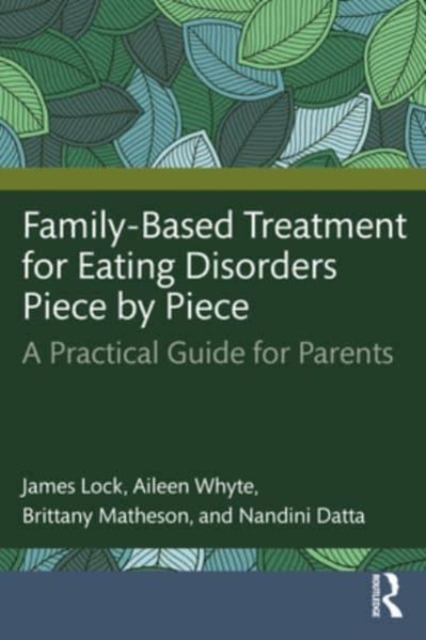The book illustrates how parents who are participating in family-based treatment (FBT) for their child’s eating disorder (ED) may enhance their chances of achieving optimal outcomes for their child by more successfully navigating the challenges that often impede progress in treatment and recovery. The stance of the book is transdiagnostic, so that the information provided spans all ED diagnoses including anorexia nervosa (AN), bulimia nervosa (BN), binge eating disorder (BED), avoidant/restrictive food intake disorder (ARFID), and atypical ED presentations as well as conditions that fall outside current diagnostic criteria. This book aims to help parents identify how they can make the most out of FBT therapy no matter which ED symptoms their child experiences.
Case vignettes across the diagnostic and clinical spectrum are used liberally throughout the book, not only to illustrate examples of some of the specific challenges families face, but to help parents normalize the emotions they may feel around their experience of trying to help their child and around their experience of participating in the FBT intervention itself. A respectful and supportive tone makes this resource accessible and jargon-free for parents, and provides useful information and approaches for psychologists, psychiatrists, social workers, and allied health practitioners who deliver FBT to young people and families.

